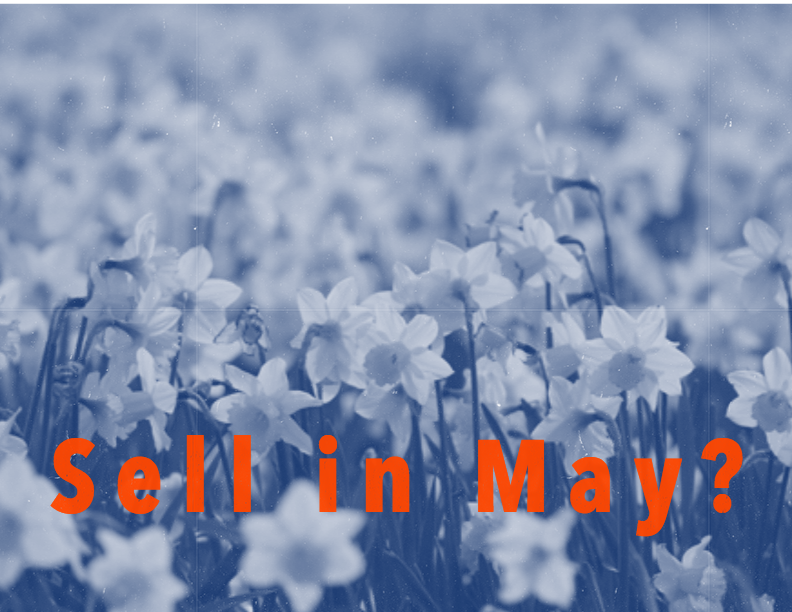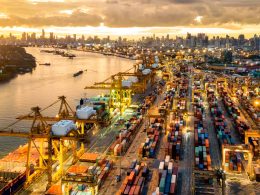QUESTION: Mr. Mobius, thank you very much for your excellent talk. My name is [Dan Dunes] and I'm a financial analyst based here in Hong Kong, but I was in Hong Kong before, but I've actually just come back from maybe two years in the Middle East. That was a very interesting experience of course nobody predicted the Arab Spring revolutions, which of course are still continuing today. And that's threatening the greater issue of political risk, which is something that maybe you did not touch upon in your talk. I wonder is there any way for you to try to build for this [thought] risk into the investment decisions that you make? Thank you.
MOBIUS: Yes. We do keep tabs on political risk. And the way we do that is with the famous misery index, I believe many with the misery index, inflation plus unemployment.
And of course we are faced with the misery index going up in many countries in the world, including the US, which is why you have seen a lot of unhappiness among various populations. And of course we saw that in the Middle East. We didn't know how it would work itself out, but we also knew that the Internet, cell phones and this incredible ability to communicate is resulting in an acceleration of political upheaval.
Now our attitude is as follows. We don't mind political change and political upheaval as long as we're able to get the money in and money out. So for example when a Mr., or Colonel, or Hugo Chavez came into Venezuela we were out because we knew that he would nationalize, confiscate, et cetera, et cetera, [vonny scenes] controls.
So what we try to do is assess what will happen and then invest accordingly. So if we think there's not going to be imposition of these controls and confiscation of assets then we will take the opportunity to buy, to go in when people are very afraid. And that's the case now in Egypt, in other parts of the world where we see this kind of political upheaval.
So that's the general attitude we take. We are not afraid to go in as long as we can get money in and out. And by the way that includes some bloodshed and shooting on the streets, et cetera, et cetera. Usually you can find some terrific opportunities in those cases.
Now of course we don't put all eggs in one basket. We diversify. So a downturn in one market is not going to kill the portfolio, but on the upside it could be very, very good.
QUESTION: How high do you rate the political risk factor in China for example?
MOBIUS: It's very, very low because although there are the problems that China faces just like any other country with trying to fight inflation on one hand and employment on the other. The chances of them confiscating assets or a nationalization is low, is quite low.
QUESTION: We have a question from Keith, New York Times.
KEITH BRADSHER, REPORTER, NEW YORK TIMES: Keith Bradsher, New York Times. A [regional] category you showed for property was way above your trend line. And you still a couple of times had a bullet point because of the growth in numbers from emerging markets. Are you more bullish on commodities or more bullish on the consumers and to the industrial [visions] of growth in the emerging markets?
MOBIUS: Well, we are more bullish on the consumer side, but the problem is getting exposure to that because we've found that many of those consumer stocks are overvalued, are somewhat expensive. So we take a five-year view and we try to predict what the earnings are going to be in a five-year time frame. And many of these stocks are a little bit overvalued, although we are still finding opportunities, but it's a little more difficult than in the commodity space.
QUESTION: Question in the front, table number five? Please come and ask your -
QUESTION: Thank you. It's [Bob Martin], Societe Generale. You have probably the biggest - is there evaluations across Asia since probably just before the Asia crisis? Would that mean that you find more value in China, say, than Indonesia? I'm sorry, but on your presentation I didn't see anything on profitability. I saw a lot of growth, so a lot of criticism of particularly China of a lack of focus on profitability. I think those two might be correlated, so maybe if you could answer that? Thank you.
MOBIUS: Yes, a very good point. We happen to be heavily overweight in Thailand and Asia. And the reason is that and take a five-year view. We are finding that numbers we reach in five years are much better than the longer numbers we are hitting in China.
So we of course are big in China, but the opportunities we find in those other places at this stage of the game seem to be quite good. And of course these things will change.
With the Chinese companies you have two big problems. One is a new supply, a big supply coming in with the IPO activity. The banks need recapitalization, so they're going to be coming to the market. That means that the market there will be an opportunity, but not at this stage of the game.
The other thing we're finding is that if we look at these Thailand and Indonesia they are now at the cusp of a new growth phase, particularly on the consumer side. In Thailand Sinawatra is going to have a very populist program, put more money in the hands of the nation. That means consumer.
In Indonesia they are attacking corruption, which means more hands, more money in the hands of consumers. So this combination of events seems to be helping us in finding opportunities there. Mind you we're very, very cautious in which companies we buy, particularly Indonesia because there lot's [copey conon's] problems in these countries.
QUESTION: More questions from the audience? Over here, right on the left, table number seven.
QUESTION: Thank you, [Tony Evers], a private investor. I was just wondering if you had any thoughts on given recent news that the change in pace of the internationalization of the [recipe] whether there's going to be any ramp up in the liberalization.











